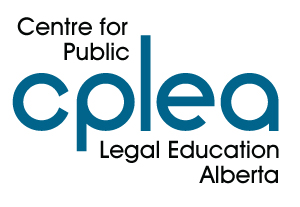These FAQs are provided by the Canadian Legal FAQs, a website of the Centre for Public Legal Education Alberta. They provide answers to questions about the Criminal Code of Canada. On this page you will find general information FAQs on the Code, shoplifting, and joyriding.
Police operations are governed by the Charter of Rights and Freedoms Act and the Police Act. The resources below may answer your questions about this. Also included here are resources that explain criminal records and pardons, and the criminal justice process for adults and youth.
The resources on this page were hand-picked by the Centre for Public Legal Education Alberta's staff as a good place to start.
For related information you can see the following sub-sections:
-
Preventing Crime in Your Community
- Reintegrating Offenders which includes information on helping those who have done their time to return to the community successfully.
CPLEA Suggested Resources
Not sure where to begin finding answers to your questions. Get started with our suggested resources. See additional resources below for more information.
These two online tutorials were created by the Centre for Public Legal Education Alberta. The first covers making a report to the police; what will they do; and what you may have to do. The second explains what else may happen for the accused.
Alberta Resources
Alberta Community Crime Prevention Association was established in 1989 as the Alberta Community Police Advisory Committee by provincial Police Services as a means to discuss mutual crime related issues within communities/police/government. In 1990 it became the Alberta Community Crime Prevention Association (ACCPA). The Alberta Community Crime Prevention Association (ACCPA) represents individuals and organizations interested in preventing and reducing crime in Alberta communities. More recently, an area of crime prevention that has become increasingly important to the growth of ACCPA is Crime Prevention Through Social Development (CPSD). Communities using the CPSD model address root causes of crime such as youth alienation, illiteracy, poverty, and abuse, and try to intervene earlier in childhood development to prevent future criminal and antisocial behaviour.
The Alberta Crown Prosecution Service prosecutes offences under the Criminal Code of Canada, the Youth Criminal Justice Act and provincial statutes in all courts in Alberta and is responsible for criminal appeals to the Court of Appeal and the Supreme Court of Canada. They do not handle adult drug offences. Their site provides charts of the criminal justice process for adults and for youth and answers common questions about criminal prosecutions.
This online resource from Alberta Solicitor General and Public Security describes the structure of police services in Alberta.
This online resource from Alberta Solicitor General and Public Security explains the process for making a complaint about police services and the conduct of police officers in the various types of police services operating in Alberta.
This online tutorial created by the Centre for Public Legal Education Alberta provides information about the structure of a trial after making a criminal complaint.
This online publication is provided by the Government of Alberta and is divided into sections including: You've been charged... now what?; Duty Counsel; If you don't have a lawyer; How do you get a lawyer?; Legal Aid; Other Services; Where will the trial be?; Pleading guilty; Getting ready for trial when you have pled not guilty; What happens in court?; and Sentencing.
Canada/Federal
This online version of a book produced by the John Howard Society of Alberta outlines the pardon application process. It also answers 20 frequently asked questions about pardons.
LawNow is a bi-monthly digital public legal education magazine which has been published by the Centre for Public Legal Education Alberta for almost 40 years. Its articles and columns are written in plain language and take a practical look at how the law relates to the every day lives of Canadians.In each issue, LawNow’s criminal law column takes a look at a specific topic in this area of law and explains it clearly and concisely.









Follow CPLEA